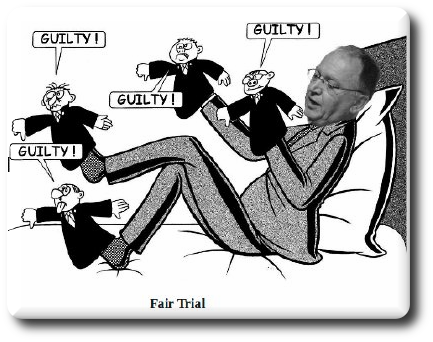

"There are pressures to grant even software patents in Europe, irrespective of the EPC (the founding document)."It has already become incredibly hard to be a potent patent examiner at the EPO. There are pressures to grant even software patents in Europe, irrespective of the EPC (the founding document).
Regarding "Inventiveness of the cocktail," a new IP Kat comment said last night (the comments are as usual better than the posts): "According to an English translation of the German description: "Surprisingly, it has been found that this cocktail obtained in this way has a very rounded, mild fruity taste that meets the taste of many". The EPO Examiner did not raise an inventive step objection, or ask for evidence of the technical effect."
Blaming the examiners... as if EPO examiners still have time to properly examine patent applications under their corrupt management. They don't have quality; they just have targets (quantified not in terms of quality). The EPO is basically 'fast-tracking' justice and putting it under the control of people who mock and attack justice. People like Battistelli and António Campinos, whose financial past offers room for speculations about whether they belong behind bars.
Last night the EPO again promoted software patents, this time in its Web site rather than its Twitter account (warning: epo.org link). For the first time in a while they're promoting "computer-implemented inventions" (software patents) and UPC. To quote one paragraph:
EPO staff gave presentations on the Unitary Patent and Unified Patent Court, Patent Cooperation Treaty Strategy, projects being undertaken by the IP5 (the forum of the five largest intellectual property offices), substantive patent law harmonisation, standard essential patents, Early Certainty and computer-implemented inventions (CII) in view of developments relating to Internet of Things and artificial intelligence. The US members updated Office staff on current developments in US patent legislation and litigation.
This article tries to provide answers to some of the questions raised in relation to the constitutional complaint against the ratification of the Agreement on a Unified Patent Court in Germany.
After all, is the outcome of the proceedings already know in certain circles, even before the BVerfG has announce its decision? If this were the case, the significance of the ensuing state political implications could hardly be overestimated. Or are all these just once more astonishing “coincidences”, as they have already been repeatedly observe in the context of the European patent reform?
You be the judge.